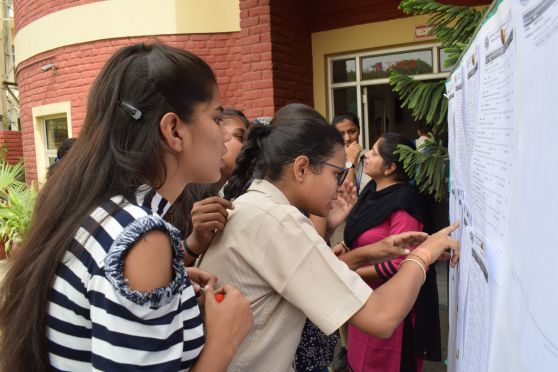Advertisement
Discover
Advertisement
News

Madhyamik 2024
West Bengal Madhyamik Exam result to be declared on May 2! Know how to download scorecard

Jharkhand Polytechnic 2024
Result of Jharkhand Polytechnic 2024 Out: Check Merit List & Easy Steps to Check Results

Tripura government
TPSC JE 2024 Admit Card Out Now! Find Direct Download Link Here

AP Inter Supplementary Exam
AP Inter Supplementary exam scheduled declared - Check important dates

Madhya Pradesh
MPPSC SET 2024: Registration deadline extended; know details here

UPSC
UPSC Exam Calendar 2025 Announced: CSE Prelims May 25, NDA, NA April 13 - Get Details Here
Career
Advertisement









